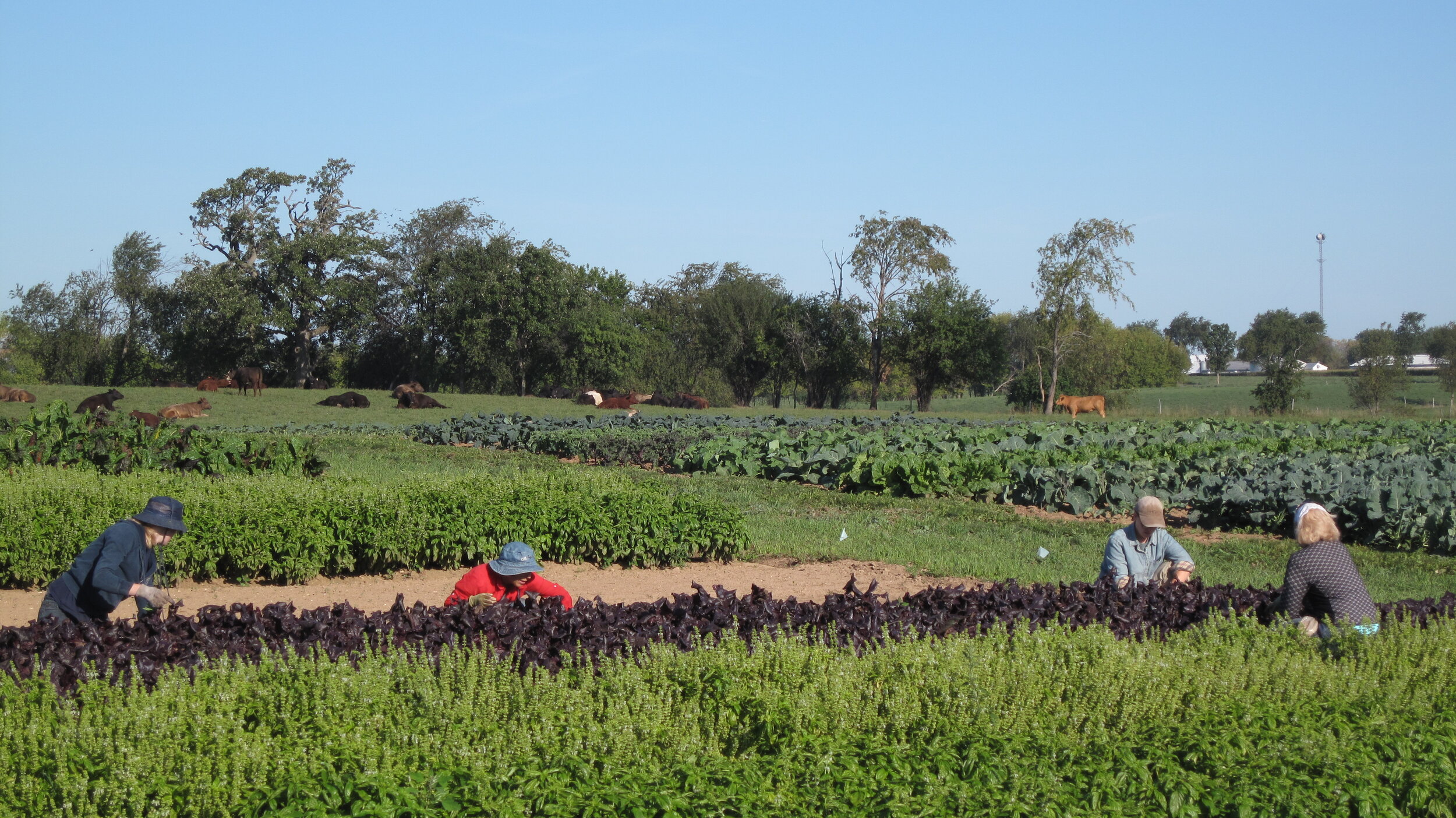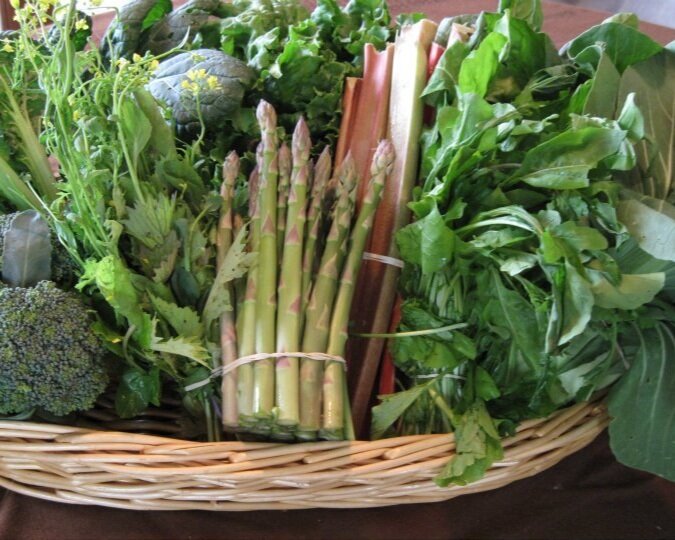
TURTLE CREEK GARDENS
Whole-systems Regenerative Farming
What We Grow
Vegetable and crop production makes up about 20 acres of our 100-acre farm.
In our greenhouse, we grow transplants for our farm, do custom growing work for other farmers and retailers, and produce seedlings for our on-farm Annual Plant Sale each May.
How We Grow
We practice regenerative agriculture, which includes soil-grown crops, diversified species, and a whole-systems approach to farming.
TCG strives to create a pollinator-friendly environment.
The Farm Collective:
Turtle Creek Gardens currently aggregates products from 8-10 small organic farms in southern Wisconsin and facilitates their collaborative marketing through our online Farm Store, Farmer’s Market, and wholesale venues under the banner of The Farm Collective.
Collaborative marketing:
Fosters reciprocal relationships between farmers that leverage each farm’s expertise and resources.
Allows farms to reduce their tillage by specializing in a few crops and letting more of their land rest and regenerate.
Reduces the need for every farm to own specialized equipment to process multiple crops and/or hire sufficient help for multiple labor-intensive crops.
Enables farms to share each other’s established and diverse markets.
Enables more isolated farms to increase their markets without spending more time and resources on off-farm travel.
It’s long been common for like-minded farms buy, sell, or trade with each other. The Farm Collective seeks to raise consumer awareness about the value of that connectedness and collaboration, promoting a broader vision of local food as a community effort.


